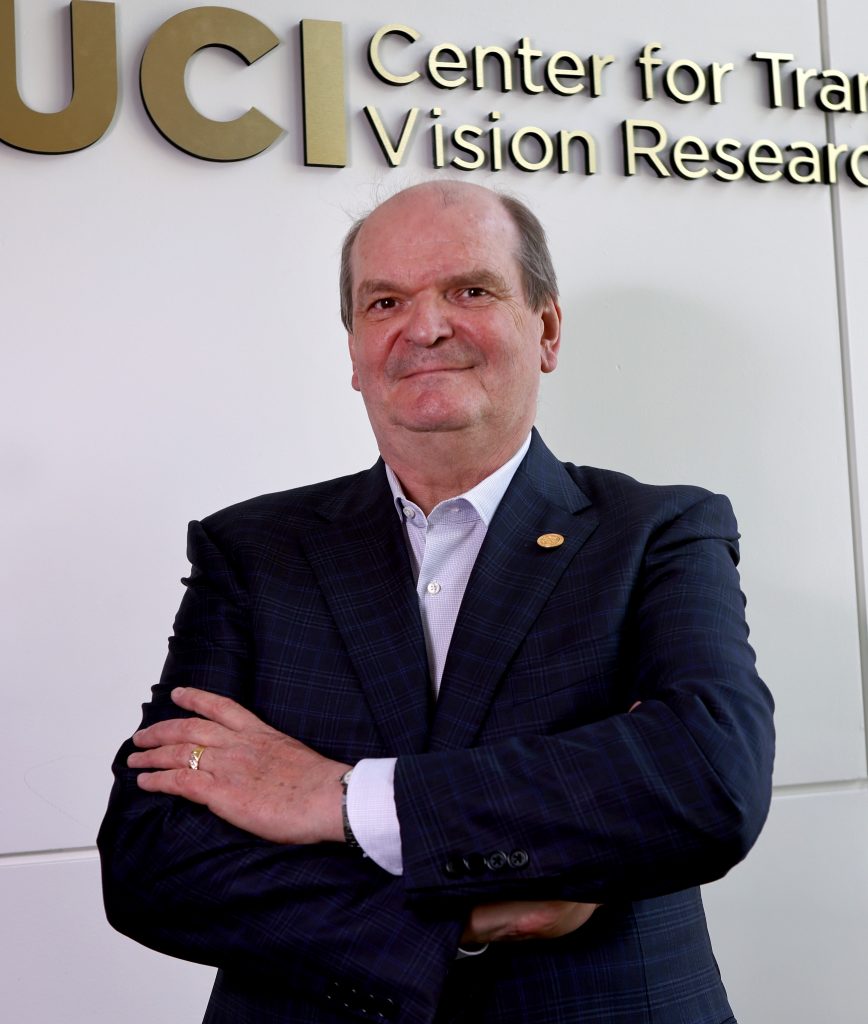Among the undisputed highlights at DOG 2024 in Berlin are the Keynote Lectures. Three highly ranking experts will dedicate their 30-minute talks to topics of importance not only to ophthalmology but to medicine and society in general.
Keynote Lecture
Thursday, 10 October 2024
What have I learned about Fuchs Dystrophy
Albert S. Jun (Virginia, USA)

Keynote Lecture
Friday, 11 October 2024
Perfect Intraocular Lens Calculations: Are We There Yet?
Graham Barrett (Nedlands, Australia)
Achieving a perfect refractive outcome is most important to patients. Graham Barrett will discuss how we can improve prediction accuracy of the refractive outcome. Will adjusting the lens power in the post-operative period supersede formulae prediction? May artificial intelligence be the primary pathway to improve accuracy? According to Barrett, including new parameters and more precise measurements are likely to provide greater opportunity to achieve our goal of perfect intraocular lens prediction in the future.

Keynote Lecture
Saturday, 12 October 2024
Saving eyesight, one gene at a time
Krzysztof Palczewski (Irvine, USA)
CRISPR-Cas9-based genome editing technologies have broadened the proportion of treatable genetic disorders and can greatly improve or complement treatment outcomes from gene augmentation. Progress in this relatively new field involves the development of therapeutics including gene disruption, ablate-and-replace strategies, and precision gene-correction techniques, such as base editing and prime editing. Genome editing theoretically guarantees permanent gene correction and long-lasting treatment effects by directly editing endogenous DNA.


